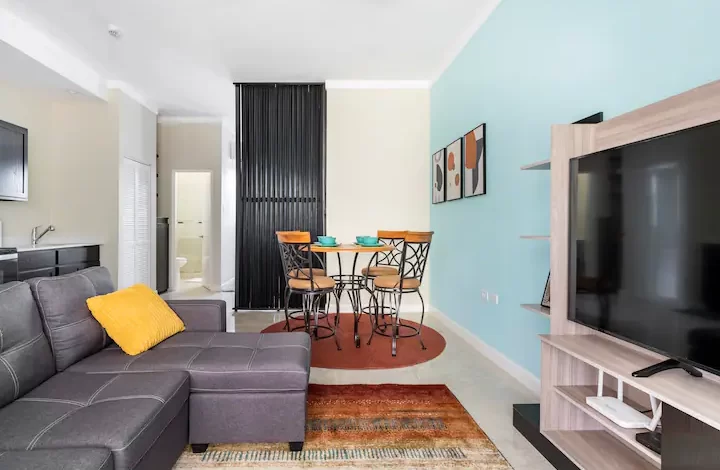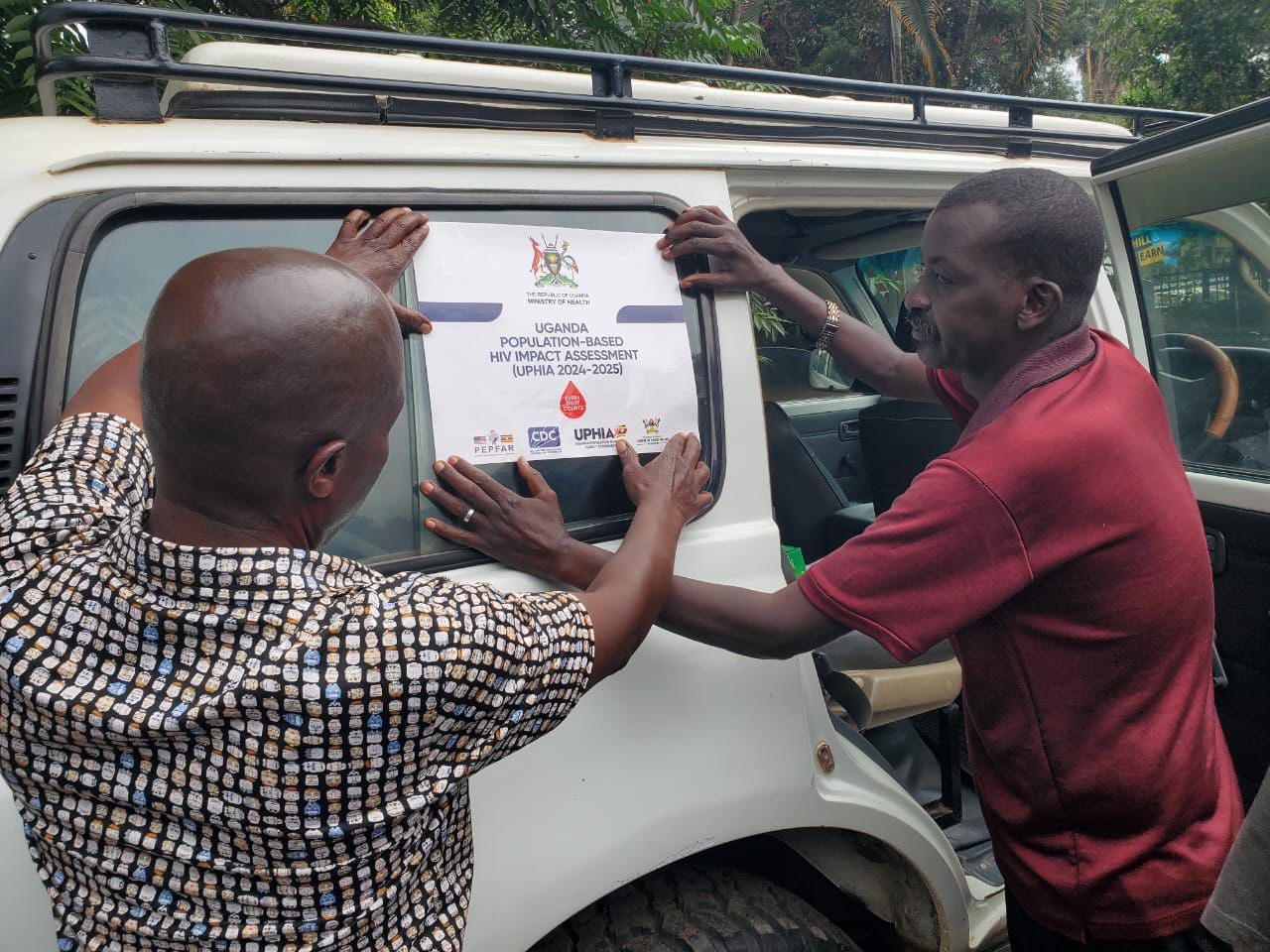How Airbnb is revolutionizing hospitality business in Uganda
The rise of Airbnb in Uganda is also having a notable economic impact. For many Ugandans, becoming an Airbnb host provides a valuable source of income

The advent of Airbnb has significantly transformed the hospitality landscape in Uganda, offering travellers unique and personalized lodging options across the country.
From bustling Kampala to the serene shores of Lake Victoria, Airbnb hosts are providing an array of accommodations that cater to diverse traveller needs and preferences.
Airbnb’s popularity in Uganda has surged in recent years. According to a report by the Uganda Tourism Board (UTB), the number of Airbnb listings in the country has more than doubled over the past five years. This growth is driven by both local hosts who are eager to share their homes and travellers seeking authentic Ugandan experiences.
Ms. Susan Namaganda, a prominent Airbnb host in Kampala, notes, “Many tourists prefer Airbnb because it offers a more personalized experience compared to traditional hotels. They can stay in local neighborhoods, experience Ugandan culture first-hand, and often get insider tips from their hosts.”
The rise of Airbnb in Uganda is also having a notable economic impact. For many Ugandans, becoming an Airbnb host provides a valuable source of income. This is particularly significant in urban areas where the cost of living is higher, and additional income streams are essential for financial stability.
Mr. Fred Muhumuza, an economist with the Makerere University Business School, explains, “Airbnb has created economic opportunities for Ugandans, from property owners to local service providers. It has also encouraged investment in property upgrades and renovations, which boosts the local economy.”
Despite its benefits, the growth of Airbnb in Uganda is not without challenges. Issues such as regulatory uncertainty, competition with established hotels, and ensuring quality standards remain prevalent.
The Ugandan government is in the process of formulating policies to regulate the short-term rental market, ensuring that it operates fairly and contributes to the country’s tax revenues.
The Uganda Tourism Board is actively involved in these regulatory efforts. Last year Lilly Ajarova CEO UTB stated that, “We recognize the potential of Airbnb to boost tourism and the economy, but it is essential to have a framework that ensures safety, quality, and compliance with local laws.”
Travelers using Airbnb in Uganda often highlight the unique and memorable experiences they have. Ms. Emily Roberts, a tourist shares her experience: “Staying in an Airbnb allowed me to see a side of Uganda I wouldn’t have seen otherwise. My host took me to local markets, introduced me to traditional Ugandan dishes, and helped me understand the culture better.”
Future Prospects
The future of Airbnb in Uganda looks promising, with continued growth anticipated as more travelers seek authentic and affordable accommodation options. As regulatory frameworks become clearer, the market is expected to stabilize and mature, providing even more opportunities for hosts and guests alike.
Airbnb is revolutionizing the hospitality sector in Uganda, offering economic benefits, unique travel experiences, and fostering cultural exchange. With appropriate regulations and continued growth, Airbnb is set to become an integral part of Uganda’s tourism industry.







